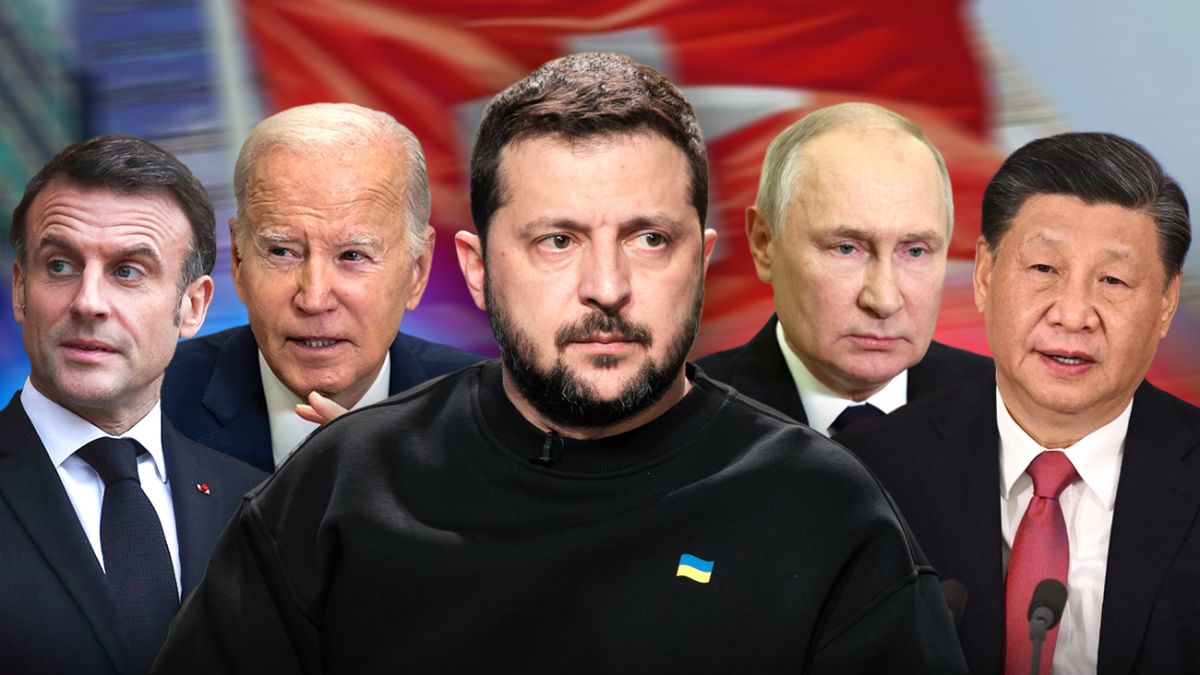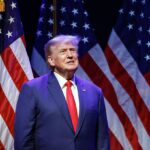Various politicians and countries have their own ideas for a peaceful resolution to the war in Ukraine. Some seek to strengthen their international authority, while others aim to make an impression on their audiences. Among these plans are proposals from French President Emmanuel Macron, British Prime Minister Boris Johnson, former U.S. President Donald Trump, and Chinese diplomats. At the same time, Ukrainian President Volodymyr Zelensky continues to insist on his “peace formula,” although his rhetoric has become less harsh.
Plans for Ukraine
Amid Russian aggression against Ukraine, various initiatives are emerging to end the conflict. President Zelensky stated that Ukraine is developing a detailed peace plan that should be ready by the end of the year. After the peace summit, Kiev is working on three specific plans concerning:
- energy;
- food security;
- prisoner exchange.
These plans will serve as the basis for discussions with international partners. The Ukrainian “peace formula” was presented in the fall of 2022 during the G20 summit in Indonesia. The plan includes 10 points, but due to delays in Western aid and the Russian advance in Kharkiv, Zelensky’s rhetoric has become less harsh. At the end of June 2024, Zelensky even admitted the possibility of negotiations with Russia using a three-party agreement model with mediators, as was done with the “grain” corridor.
Russia’s Response
Russia categorically refuses to discuss Ukraine’s proposals. Russian Foreign Minister Sergei Lavrov states that Russia is ready for negotiations, but in Ukraine and the West, “there is no one to talk to.” Putin accuses Kyiv of sabotaging peaceful agreements and presents documents allegedly signed by the Ukrainian government after negotiations in Istanbul.
Belarus’s Position
Belarus became the first platform for negotiations with Russia in February 2022, but without success. Alexander Lukashenko changed his position on Russian invasion multiple times. Initially, he accused Kyiv, then denied any involvement. In March 2023, he proposed to cease hostilities and declare a ceasefire, and in April expressed a willingness to participate in peaceful negotiations.
Turkish Position
Turkey became the second platform for negotiations between Ukraine and Russia in March 2022, but without success. In 2023, Turkey offered its “peace proposals,” which involved freezing hostilities rather than ending them. These proposals were rejected by the Ukrainian government.
Peace Plans of 2023
2023 was a fruitful year for peace plans for Ukraine. Countries friendly to Russia proposed their vision of ending the war on Moscow’s terms. African leaders presented their plan, which included the withdrawal of Russian troops and the suspension of the International Criminal Court’s arrest warrant for Putin. China also presented its 12-point plan, which more resembled a proposal for freezing the conflict.
French Initiatives
French President Emmanuel Macron has his own unique perspective on peace in Ukraine. At the beginning of the invasion, he suggested to Zelensky to concede part of the territories for peace with Russia. Macron urged not to humiliate Russia after the war and proposed China’s mediation. However, Macron supports Zelensky’s “peace formula,” which involves the complete withdrawal of Russian troops from all Ukrainian territory, including Crimea.


